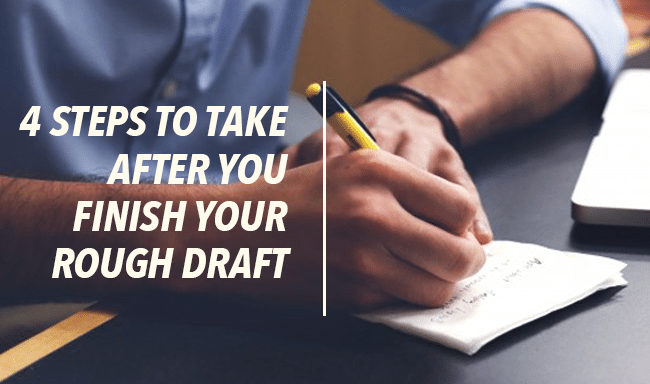
by Emily Wenstrom |
First off, if you’ve recently completed a rough draft (via NaNoWriMo or otherwise), congratulations. Really. A big, whooping, stand-up, slow-clap congrats.
Writing a book’s rough draft is a big feat. But then it’s time to get down to business again, because rough drafts are called “rough” for a reason.
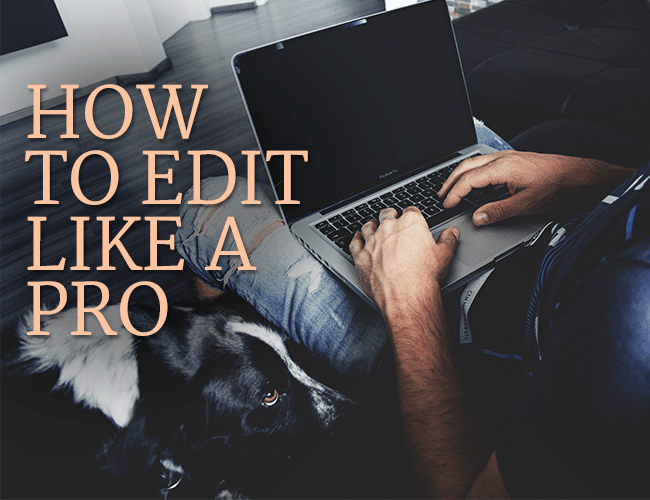
by Ruthanne Reid |
Ah, the dreaded “e” word! Are you ready to learn how to edit your book as well as you possibly can? Hold on tight. This is one of those things that seems so simple, yet can be incredibly difficult to actually accomplish.
I promise it’s worth the effort. If you learn to self-edit, your work will shine like the top of the Chrysler building (i.e. very shiny).
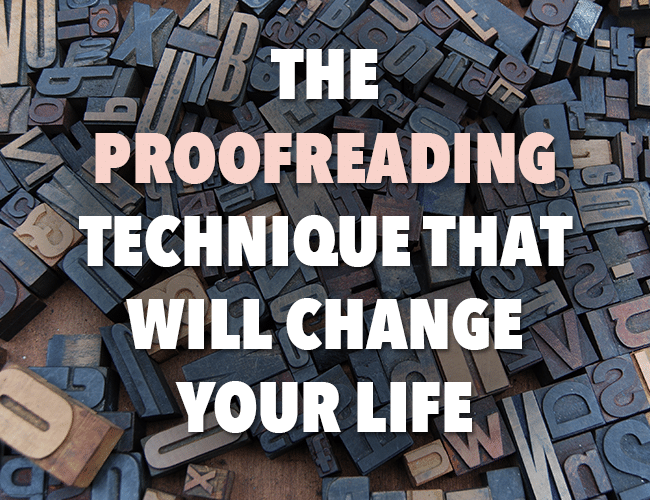
by Kellie McGann |
You’ve heard over and over again that the most important thing to do as a writer is to write. Write when you don’t want to. Write when you do want to. When you don’t know what to write, write anything.
But there are two sides to the writing coin. There is writing, and there is editing. In this post, I’m going to share a proofreading technique I learned recently that is changing my writing life.
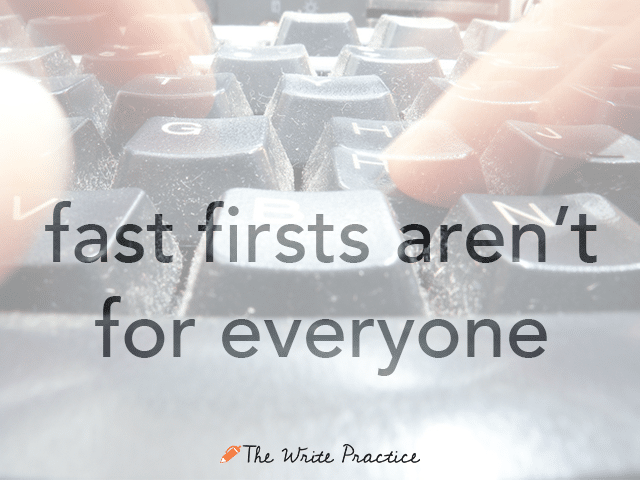
by Emily Wenstrom |
When writing first drafts, a common piece of advice is write fast—just get those ideas on the page so you can take a proper look at them before you start letting your editor start messing with them… Write fast, analyze later. NaNoWriMo is great for creating a structure to force this practice.
There’s some great reasoning behind this practice… but fast firsts aren’t for everyone.
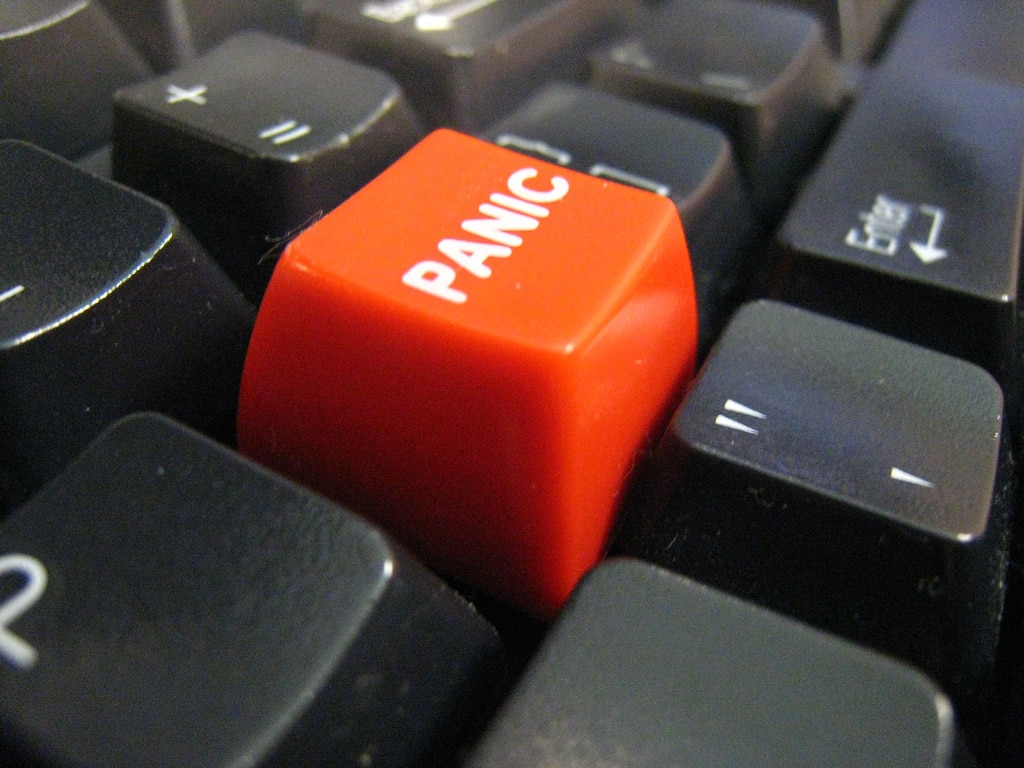
by Emily Wenstrom |
Even when you ask for it, when people critique your writing it can feel like a dagger to the gut. It can knock out your confidence and even cause you to question whether you should ever bother picking up a pen again.
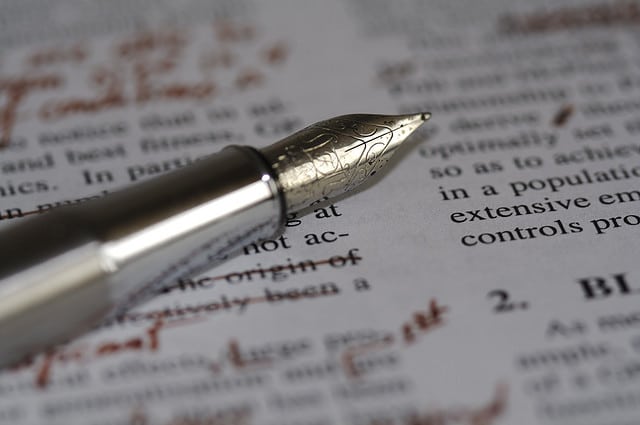
by Emily Wenstrom |
As writers, we spend a lot of time alone, pouring our hearts onto the page. But if we want to produce the very best work that you can, this isn’t enough. To truly make our work the best it can be, we need fresh eyes. We need to show our work to others willing to pick up that loathed red pen and critique our writing.





